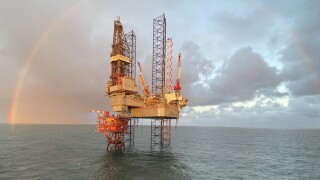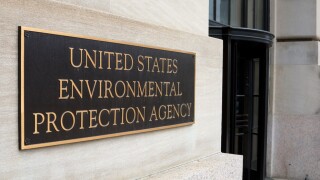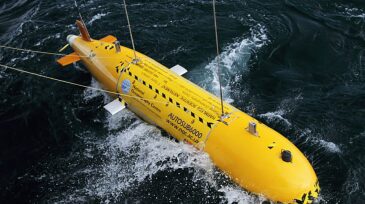HSE & Sustainability
DNV awarded the Abu Dhabi National Oil Company a storage certificate at the endorsement stage for its West Aquifer site.
Four former gas-producing wells have been converted into injection wells and are now preparing to receive carbon dioxide for storage.
The US Environmental Protection Agency withdraws its legal basis for federal vehicle GHG standards, setting up potential court challenges.
-
Executives from two of Asia’s largest national oil companies declared China’s Belt and Road Initiative project a driving force behind their shifting priorities to diversify the world’s energy mix.
-
A new networked checkpoint tower system has been designed specifically for remote oilfield work sites. The system keeps track of human and vehicle flow, enhancing operational safety and aiding in enforcement of company policies.
-
The papers identified in the article cover sustainable development of oil and gas resources in various aspects.
-
Flaring and emissions challenges have recently made news headlines around the world. The goal of this article is to engage you with this important topic by presenting a selection of recent SPE papers which address these challenges through various approaches.
-
Scientists at the National Oceanographic Centre have released a review of how marine robotic capabilities can support the environmental monitoring needed for decommissioning oil and gas installations.
-
Natural Resources Minister Siobhan Coady says the government is open to the idea of an independent safety regulator for the province’s offshore oil and gas industry but is not currently working toward implementation.
-
The organizations will receive more than $4.1 million for research projects aiming to improve protocols to minimize the environmental effect of oil spills in water.
-
The US Environmental Protection Agency plans to issue a rule regulating methane emissions later this year, administrator Andrew Wheeler said.
-
HSE data is ever growing, especially in high-risk industries. So, how can you apply data science and artificial intelligence to help see beyond current practices and gain even greater insights into safety data?
-
The US Occupational Safety and Health Administration, the National Institute for Occupational Safety and Health, the State of North Dakota, and the Bakken Basin Safety Consortium have signed an alliance to protect employees and promote safety and health in the oil and gas industry.













